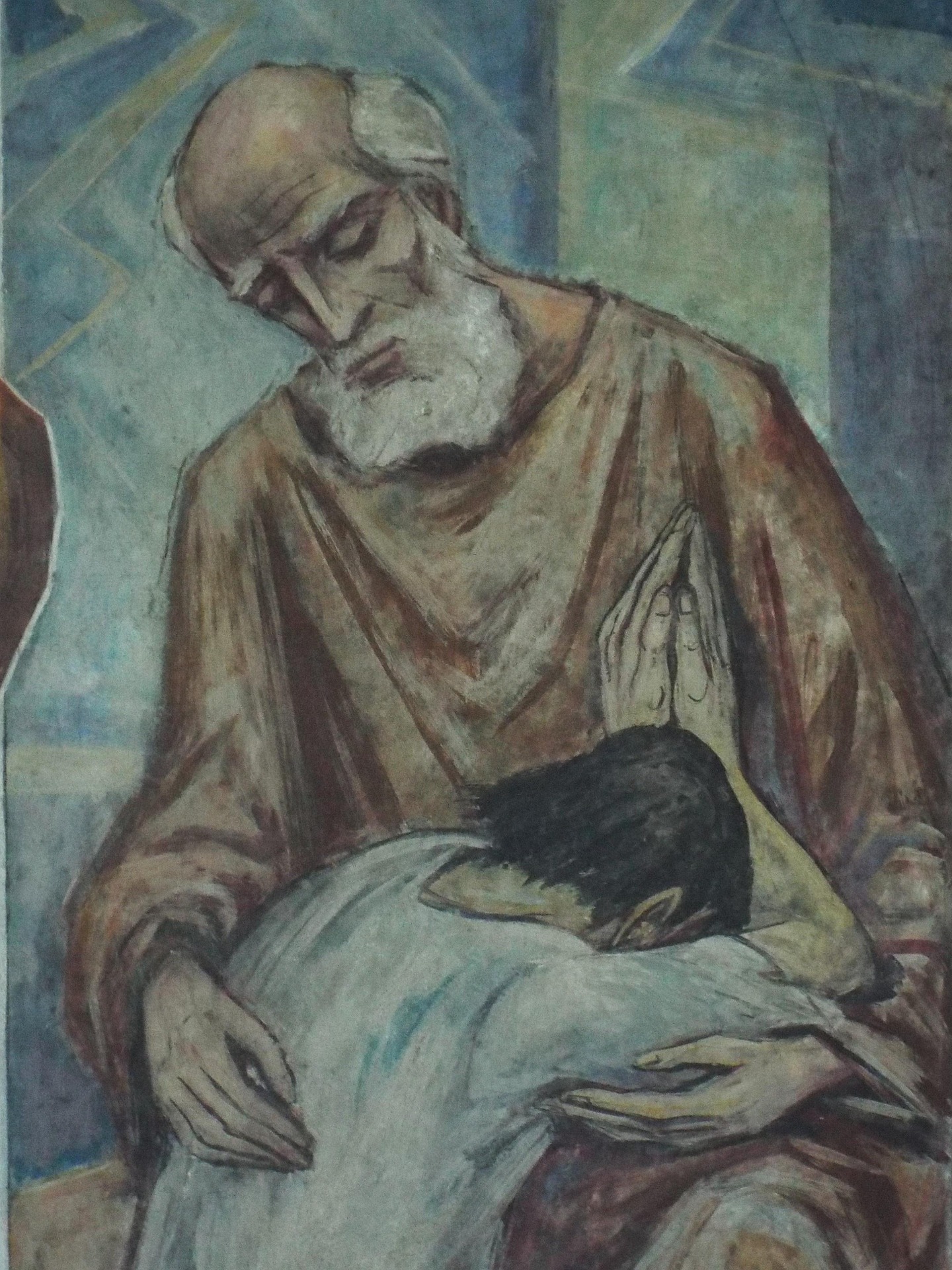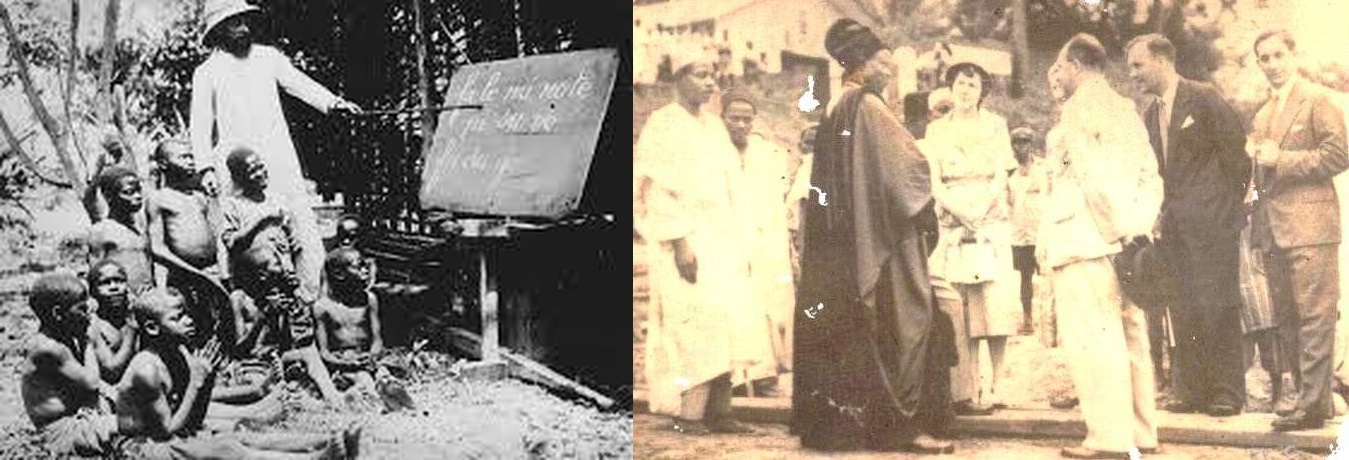Luke 15:11-32 is traditionally known as the Parable of the Prodigal Son. It tells the story of a father and his two sons. The younger son, after claiming his share of the inheritance, travels to a distant land where he squanders it all. Reduced to poverty, he returns home, hoping to be treated as a servant in his father’s house. Instead, he is met with overwhelming love and forgiveness.
Most interpretations of this parable emphasize three figures: the prodigal son, the prodigal father, and the resentful elder brother. Some argue that the younger son is the focus because of his reckless wastefulness. Others shift attention to the father, highlighting his extravagant generosity—not only does he welcome back his wayward son, but he lavishes him with gifts. The elder brother, on the other hand, is often criticized for his ingratitude and jealousy, as he resents his father’s mercy.
But what if the real key to this story lies elsewhere? What if we should call it the Parable of the Gossiping Servant?

Imagine a different scenario: The elder brother approaches the house, hears music and dancing, and calls over a servant to ask what is happening. Now, suppose the servant had reported the events differently:
“Your brother has come home. While he was still far off, your father saw him, was moved with compassion, and ran to embrace him. Your brother, weak and broken, knelt before him, begging to be taken in as a servant, no longer considering himself worthy to be called a son. But your father, overcome with pity, welcomed him and ordered that he be cared for.”
How might the elder brother have reacted to such a report? Would his anger have flared so easily?
Instead, the servant delivers a different message:
“Your father has killed the fattened calf because he has him back safe and sound.”
Why emphasize this detail alone? Was the father’s main concern really about throwing a feast? Or was he celebrating his son’s return as an act of resurrection—“This son of mine was dead and is alive again; he was lost and is found”?
The servant’s selective storytelling is crucial. This isn’t about ignorance—Luke, the Gospel’s author, knew the details. The omission is intentional, pointing to a deeper reality: the servant had his own narrative to spin. By highlighting the fattened calf, he provoked the elder brother’s outrage, making him focus on what he didn’t receive rather than what was truly happening. No wonder the brother later complains that he wasn’t even given otu nwamkpi—not even a small goat, as the Igbo translation puts it.
Had the servant simply reported the truth in full, the story might have unfolded differently. But he was prodigal with his words, lavish in his gossip, and so the parable becomes the Parable of the Prodigal Gossiping Servant.
-
Facebook
-
Twitter
-
Linkedin
-
Whatsapp






